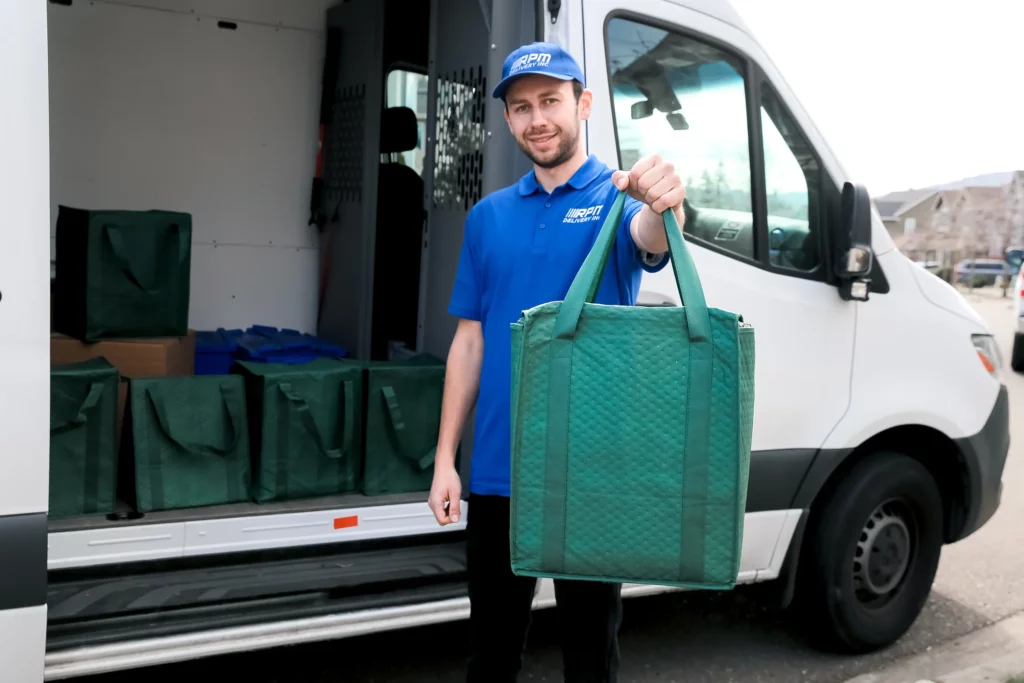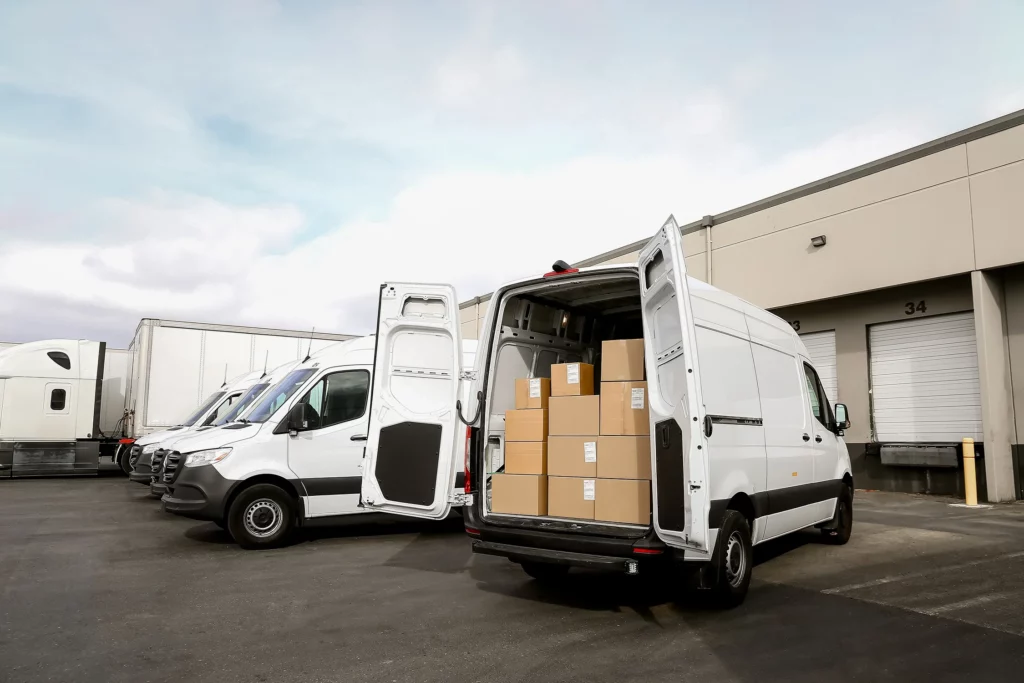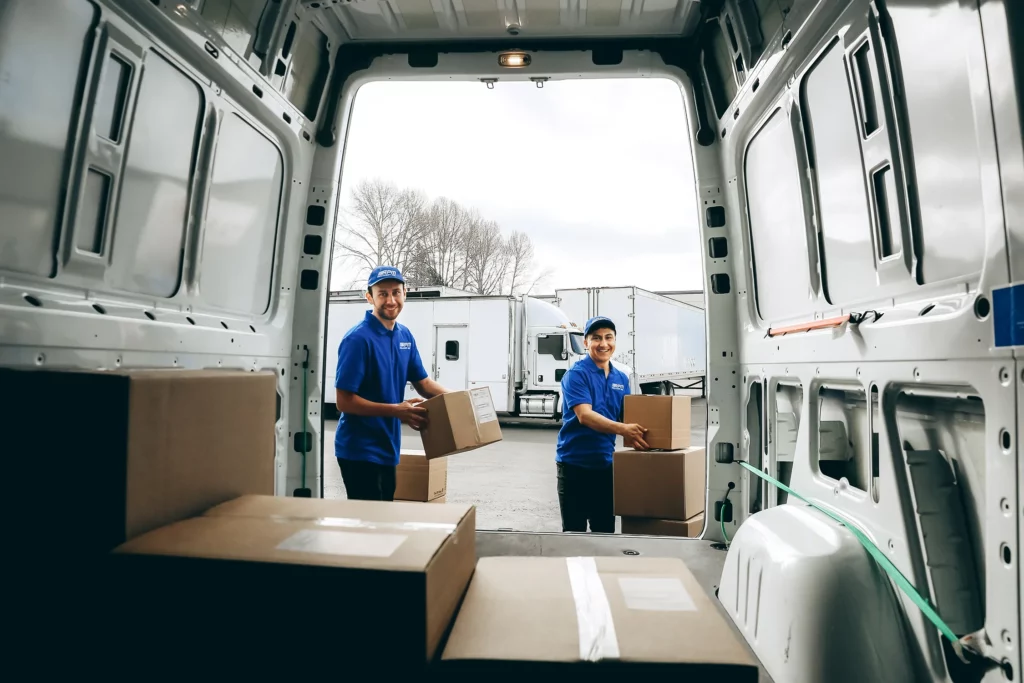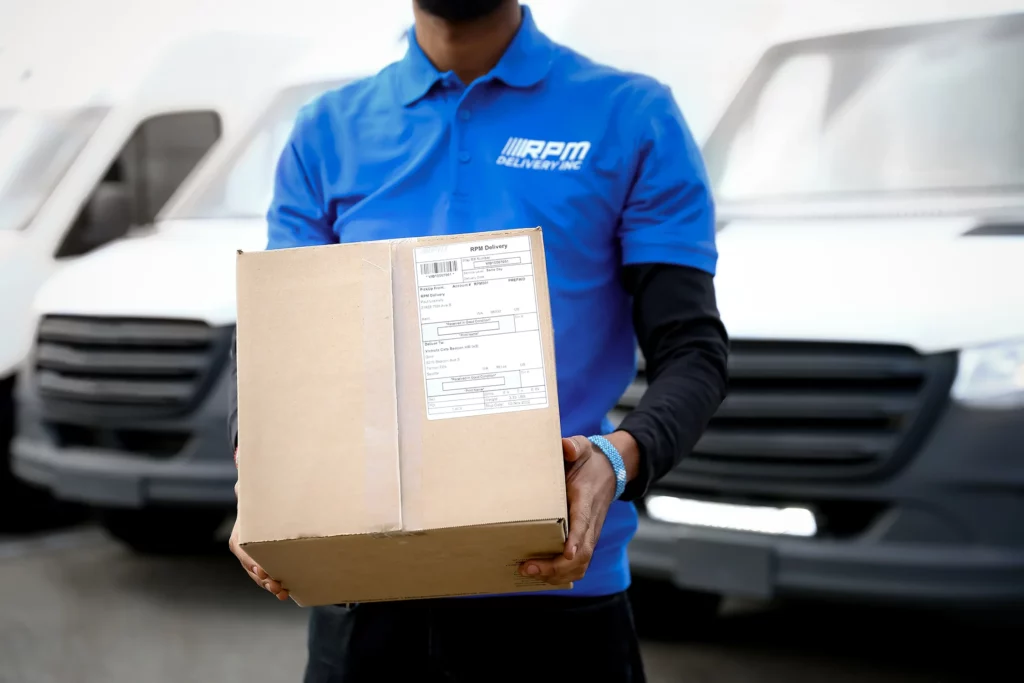Insights into the Rising Demand for Same-Day and Next-Day Deliveries

The significant increase in demand for expedited delivery services, notably same-day and next-day deliveries, is a topic worth investigating. This blog aims to shed light on the significant growth in consumer expectations for quick order fulfillment and the resulting impact on the retail and e-commerce sectors.
We aim to provide significant insights into the growing relevance of efficient and speedy delivery alternatives in today’s fast-paced marketplace by investigating the reasons for this increased demand and its effects on businesses, transportation providers, and customer experiences.
The Driving Forces Behind the Demand
Driving forces that have jointly powered growing demand for same-day and next-day deliveries, changing the way businesses approach logistics and meet customer expectations today, including the growth of e-commerce, technological advancements, the influence of major delivery companies, and the desire for convenience and instant gratification. Let’s look at them closer.
The Growth of E-commerce
Consumers have grown accustomed to the convenience of exploring and purchasing things from the comfort of their own homes as internet shopping has grown in popularity. As a result, they anticipate speedier delivery dates to match the efficiency and quickness of their online shopping experiences.
The Role of Technology
Technology is critical in meeting the growing demand for quicker deliveries. Logistics and transportation management system advancements have made it easier for firms to improve their delivery procedures, track items in real time, and manage inventories efficiently. Furthermore, mobile apps and online platforms allow customers to track their orders, receive delivery notifications, and submit feedback, which improves transparency and customer satisfaction.
The Influence of Big Players
Major delivery businesses’ presence and influence have greatly contributed to the increased demand for same-day and next-day deliveries. Industry giants like Amazon have raised the bar by providing customers with fast shipping alternatives. This has raised consumer expectations and placed pressure on smaller shops and logistical companies to keep up with the rapid speed of order fulfillment.
Convenience and Instant Gratification
Consumers value convenience and fast gratification more than ever before in today’s fast-paced society. Same-day and next-day deliveries offer comfort that traditional delivery methods cannot match. Customers are prepared to pay more for the convenience and immediate fulfillment that expedited deliveries provide, whether they are getting a last-minute present or receiving important things soon.

The Impact on E-Commerce and Last-Mile Delivery Providers
The increasing demand for same-day and next-day deliveries has a substantial influence on e-commerce enterprises as well as last-mile delivery suppliers. Offering fast delivery alternatives for e-commerce has become critical for remaining competitive in the market. It has evolved into a critical differentiator influencing purchasing decisions and consumer loyalty.
Last-mile delivery companies must balance fulfilling tight delivery deadlines with remaining cost-effective. To accommodate the increased volume of accelerated deliveries, they must invest in efficient logistics systems, harness technology for route optimization, and form strong connections with e-commerce enterprises.
Increased Pressure
The rising demand for same-day and next-day deliveries puts tremendous strain on firms in a variety of ways. To begin with, logistics become increasingly complex as organizations strive for efficient order processing, inventory management, and transportation in order to meet tight delivery windows.
Faster delivery frequently necessitates investments in robust logistics systems, such as real-time tracking, route optimization, and warehouse management technologies. It becomes a tricky undertaking to balance these costs while giving reasonable prices.
Innovative Solutions
Companies are increasingly researching unique delivery options to deal with the difficulties brought on by increased demand for quicker deliveries. Utilizing the gig economy and on-demand workforce is one strategy in which organizations collaborate with independent freelancers or delivery service providers to grow their delivery capacity rapidly.
Furthermore, businesses are experimenting with upcoming technology, like drones and self-driving cars, to achieve faster and more efficient delivery, particularly in urban areas.
These innovative solutions not only improve speed and efficiency but also give businesses the flexibility and agility to adapt to changing consumer expectations in the arena of accelerated deliveries.
Environmental Considerations
Companies must balance speed and sustainability as they handle the requirement for speedier deliveries in response to increased customer expectations. Environmental concerns have grown in importance, and firms are implementing a variety of initiatives to reduce their carbon footprint. This includes reducing mileage by optimizing delivery routes, using electric vehicles or alternative fuel alternatives for transportation, and investigating eco-friendly packing materials.
Companies attempt to establish a medium ground where speed and customer satisfaction may coexist with environmentally responsible practices, thereby decreasing the environmental impact of faster deliveries by incorporating sustainable practices into their logistics and delivery processes.

The Future of Same-Day and Next-Day Deliveries
Several critical elements will define the future of same-day and next-day deliveries. Consumer expectations will continue to drive the demand for faster delivery choices, putting pressure on firms to offer even faster order fulfillment. Technological improvements will be critical, with autonomous vehicles, drones, and robotics further altering the delivery sector. Sustainability issues will continue to be a major concern. Companies will need to discover inventive solutions to reconcile the requirement for speed with sustainable practices as the emphasis on environmental consciousness grows. We are going to look closer at these three aspects.
Evolving Consumer Expectations
Customers’ expectations will only rise as they become acclimated to the convenience and quickness of accelerated deliveries. To achieve these expectations, businesses will need to invest in efficient logistics systems, streamline supply chain procedures, and collaborate with dependable last-mile delivery providers. Personalization and customization will also play an important role, as consumers want personalized delivery alternatives that correspond to their preferences, such as specified delivery time slots or delivery to other areas.
Technological Advancements
Autonomous vehicles, drones, and robotics will transform the transport landscape, enabling faster and more efficient order fulfillment. Sorting and packing activities can be automated using robotics, increasing speed and accuracy. Furthermore, developments in tracking technology, artificial intelligence, and machine learning will enable real-time monitoring, statistical analysis, and early issue resolution, resulting in improved overall delivery operations and customer experiences.
Sustainability Challenges
Businesses must give priority to sustainable practices during the delivery process as public awareness of environmental problems grows. This involves reducing mileage by optimizing delivery routes, using alternative fuels or electric cars for transportation, and investigating eco-friendly packing materials. Finding a happy medium between speed and sustainability will be critical in establishing the future of same-day and next-day delivery.

Conclusion
The e-commerce sector is dynamic in nature, always evolving to meet consumers’ ever-changing demands and expectations. Organizations must remain adaptable and adaptive to remain competitive as technology evolves and consumer preferences shift. One example of consumer expectations influencing the industry is the increasing demand for same-day and next-day deliveries.
However, the question remains: What will the future hold for expedited deliveries? Will technology improvements continue to push the limits of speed and efficiency, or will worries about sustainability transform the landscape? How will corporations find a difficult balance between providing customer demands for immediate gratification and managing environmental impacts? In an ever-accelerating world, the future of same-day and next-day deliveries presents exciting concerns about the convergence of convenience, technology, and sustainability.